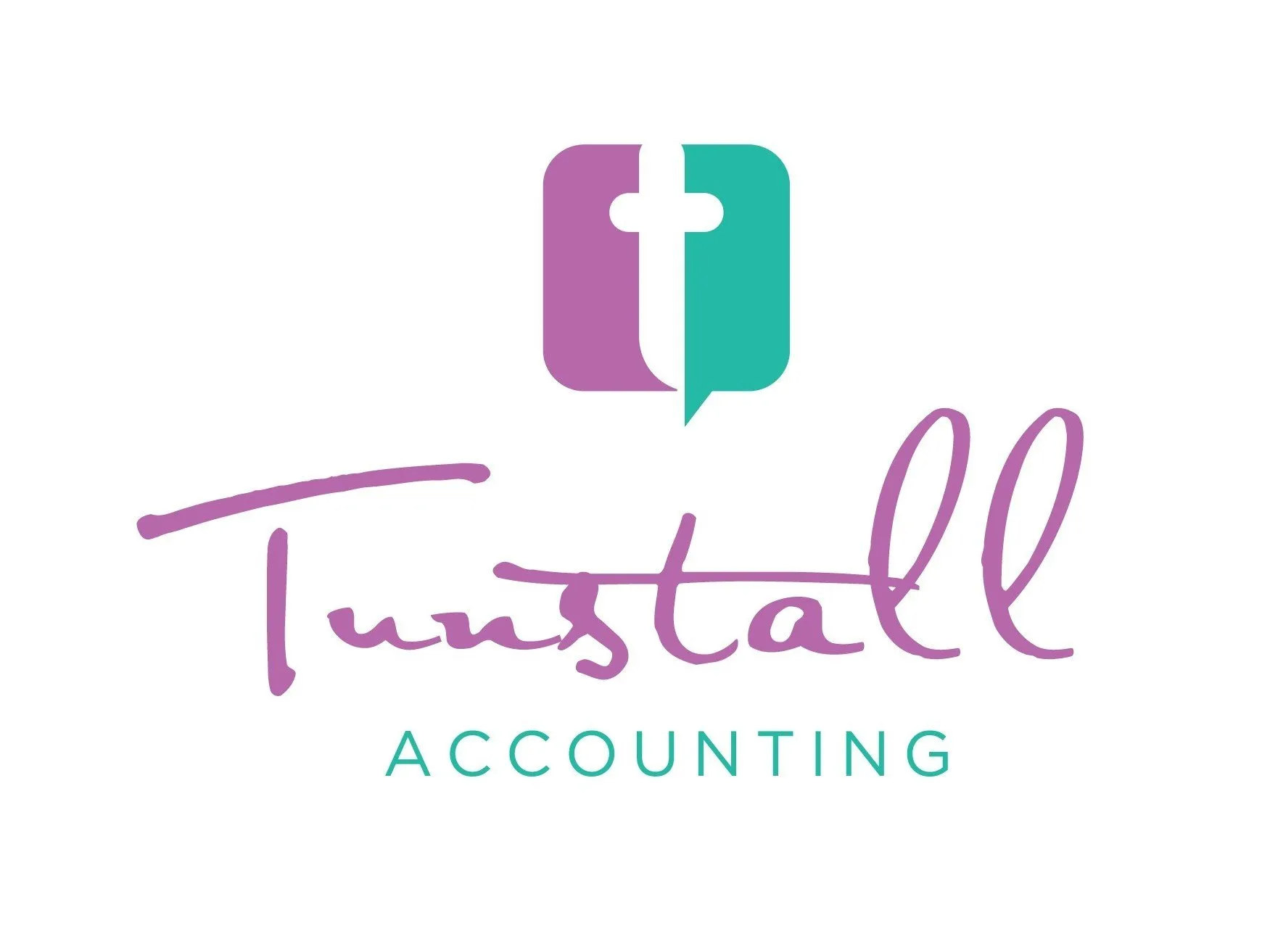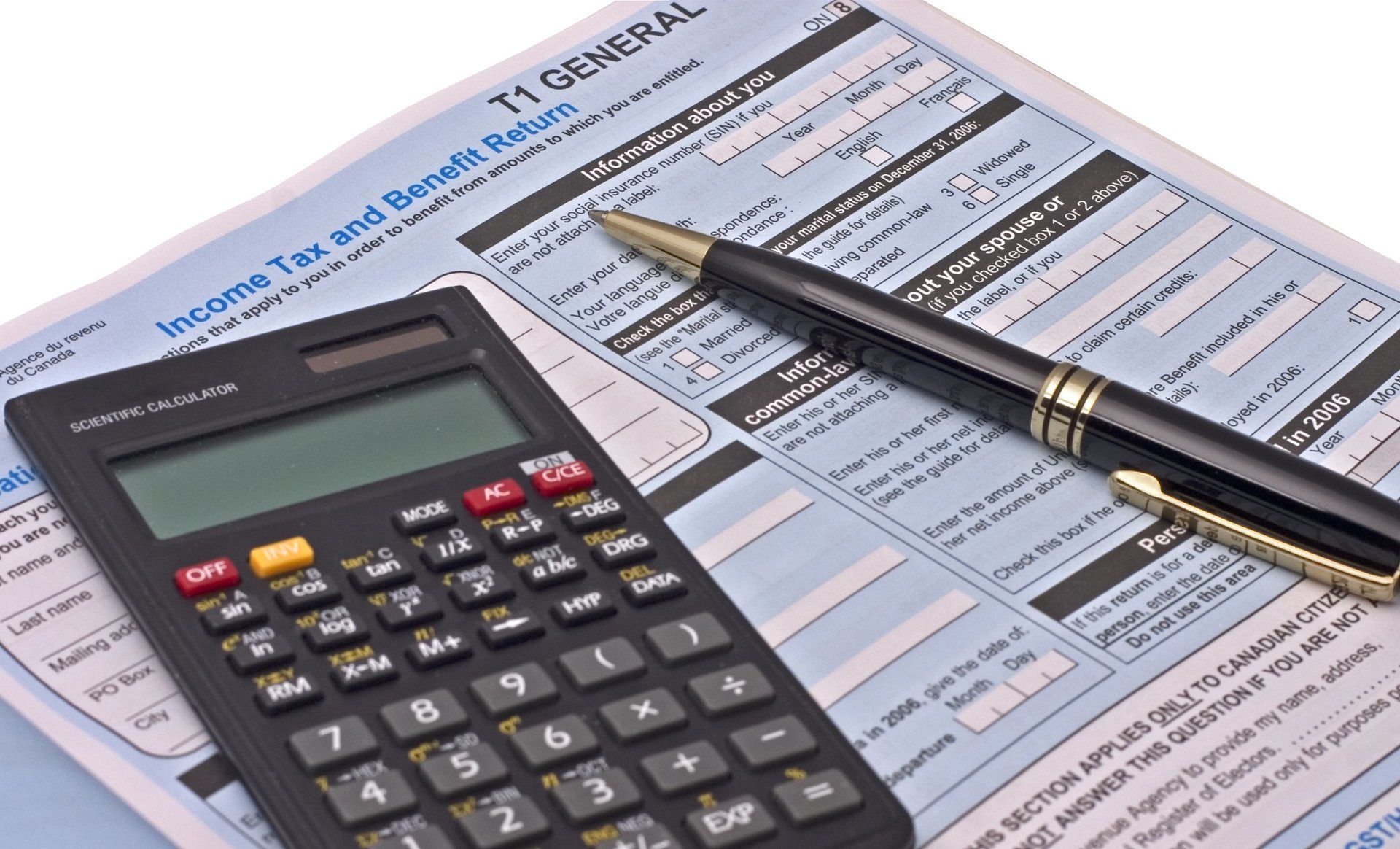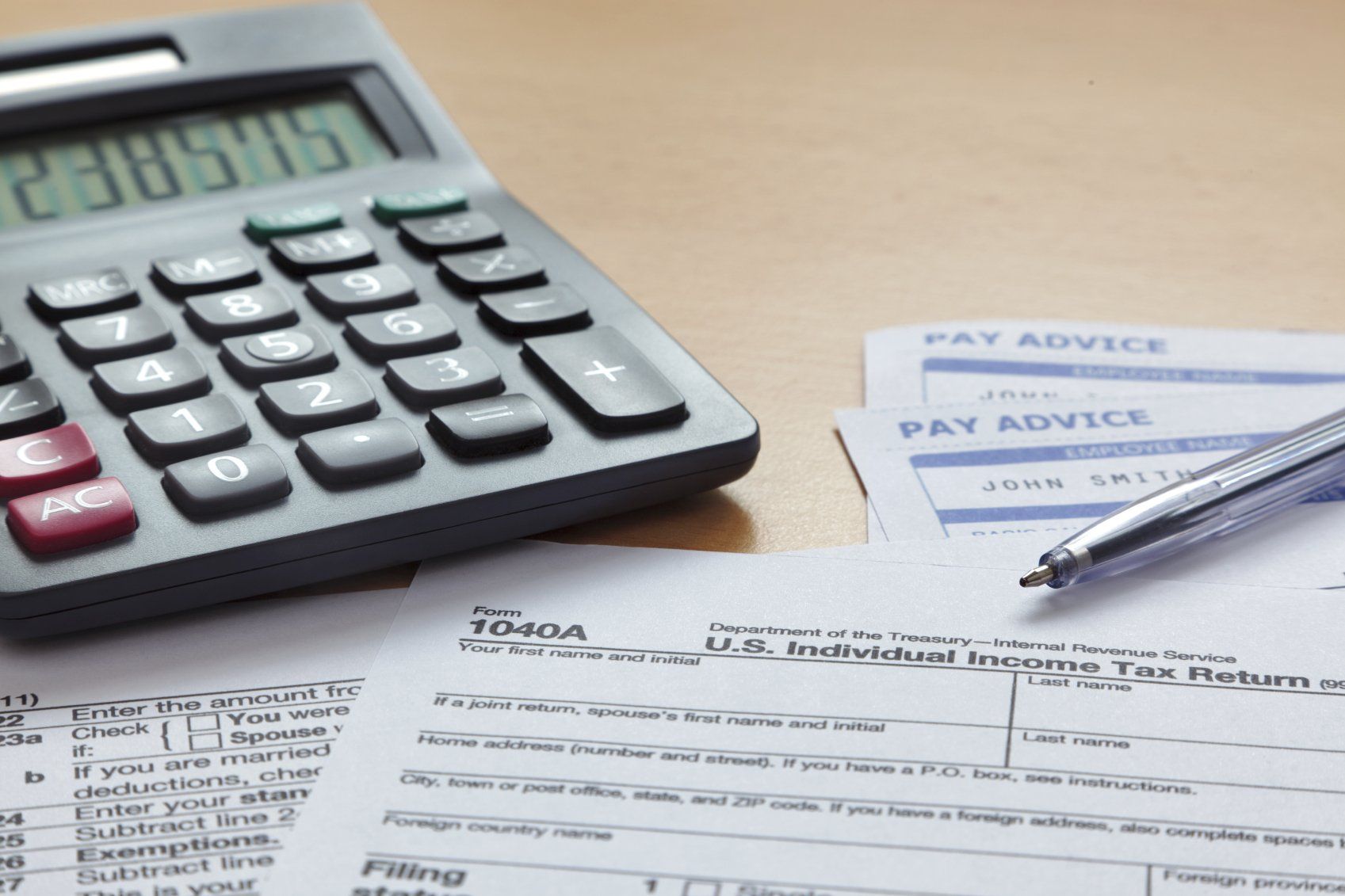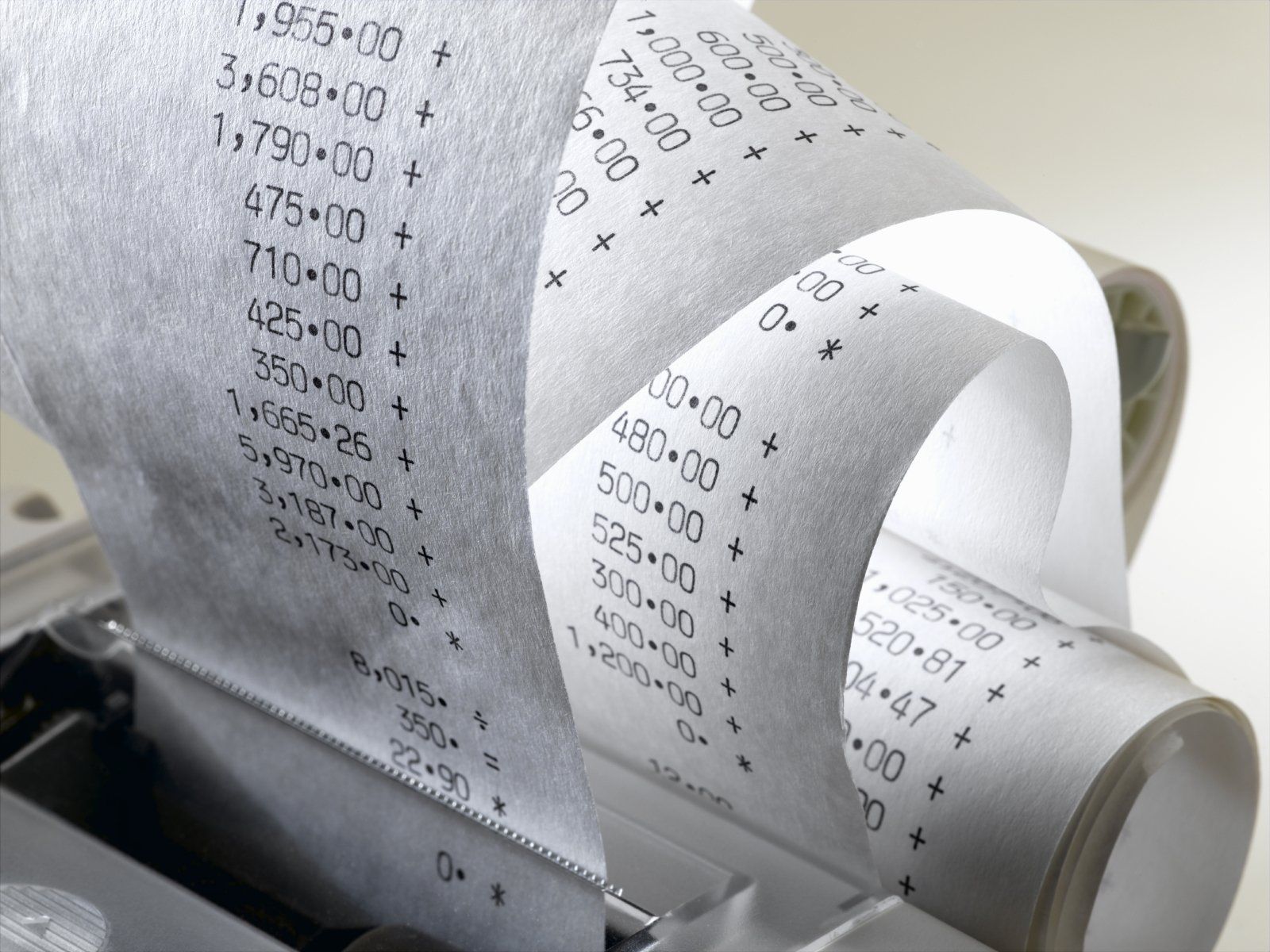The Ultimate Guide to Small Business Accounting in the UK
This guide will walk you through everything you need to know about small business accounting in the UK, from mastering basic accounting principles to understanding your tax obligations and choosing the right tools and resources to run your business effectively. Whether you’re just starting out or looking to refine your existing processes, this guide is designed to help you navigate the financial landscape with confidence, setting your business up for long-term success.
Understanding the Basics of Small Business Accounting
Before getting into the specifics it’s essential to understand the basics of accounting. At its core, accounting is about tracking your income and expenses to get a clear picture of your business’s financial health. Here are some of the fundamental concepts:
Choosing the Right Business Structure
Your business structure affects your accounting responsibilities and tax obligations. Here’s a quick overview of the main types of business structures in the UK:
This is the simplest type of business structure, where you are the sole owner and responsible for all aspects of the business. The accounting requirements are straightforward but you are personally liable for any losses. A sole trader is required to file a Self Assessment tax return.
Similar to a sole trader but this structure involves two or more people sharing ownership. Partners share profits, losses and responsibilities. Each partner must file their own Self Assessment tax return and the Partnership must file a Partnership tax return.
This is a more complex structure as the business is a separate legal entity from its owners. This offers limited liability protection, meaning your personal assets are protected if the business incurs debt. Limited companies must follow stricter reporting requirements.
Essential Accounting Practices for Small Businesses
To keep your business on the right track, adopt these essential accounting practices:
Understanding UK Tax Obligations
Taxation is a significant aspect of running a business in the UK. Depending on your business structure, you may be subject to one or more of these different types of taxes mentioned below:
If you’re a sole trader or in a partnership, you’ll pay income tax on your business profits via the Self Assessment system. Sole traders and partners are taxed on their total taxable profits, not their take home pay.
A limited company pays corporation tax on its profits. Profits are calculated before dividends are declared but after any tax deductions for capital assets purchased during the financial period.
If your turnover exceeds £90,000 in any twelve month period you must register for VAT. This means you will need to charge VAT on your sales, but will also allow you to reclaim VAT on purchases from your VAT registered suppliers.
Both employers and employees must pay NICs. Sole traders will pay Class 2 and Class 4 NICs based on their taxable profits. Limited companies pay NICs on salaries paid to directors and employees above certain thresholds.
Key Deadlines and Filing Requirements
Missing a tax deadline can result in fines and penalties, so it’s essential to be aware of key dates:
Personal tax returns must be filed by 31st January following the end of the tax year. If you’re filing a paper return, this deadline is brought forward to 31st October.
Personal tax liabilities must be paid by 31st January following the end of the tax year, with payments on account, where required, payable by 31st July and 31st January of each year.
A limited company must file its corporation tax return within 12 months of the end of its company’s accounting period.
There is a separate deadline to pay any corporation tax due, which is 9 months and 1 day after the end of the accounting period.
If you miss the filing deadline HMRC will charge a penalty for late submission.
Most businesses choose to file their VAT returns on a quarterly basis, although they can elect to file monthly or annually instead.
VAT returns must be submitted, and any VAT liability paid, no later than 1 month and 7 days after the end of the VAT accounting period, to avoid earning penalty points, which accumulate to incur financial penalties.
Payments to HMRC for PAYE and NICs are due by the 22nd of the following month, unless you elect to pay by cheque, in which case the deadline is brought forward to the 19th.
HMRC charge late payment penalties for missed payments at a rate determined by your number of defaults within a tax year, along with daily interest based on the amount due.
The Importance of Cash Flow Management
Cash flow is the lifeblood of any small business. Poor cash flow management is one of the leading causes of business failure. Here’s how to keep your cash flow healthy:
How to Choose the Right Accountant for Your Small Business
While cloud accounting software makes it easier to manage your finances, there’s no substitute for professional advice. A good accountant can save you time, money and stress by providing expert guidance on:
Tax Planning
Accountants can help to identify opportunities for tax savings, ensure compliance with tax laws, optimise the timing of income and deductions, advise on tax-efficient structures for business operations and investments and help to maximise available reliefs and allowances, all of which can reduce your overall tax liability and improve your cash flow.
Financial Reporting
An accountant can prepare accurate and timely financial statements, such as income and cash flow statements, to provide a clear picture of your business's financial health. Accountants ensure that these reports comply with accounting standards and legal requirements, offer insights into financial performance and assist you in making informed decisions.
Strategic Advice
An accountant can offer insights to help you grow your business and improve your profitability.
When choosing an accountant, look for one with experience in your industry, a good reputation and up-to-date knowledge of UK tax laws. Ensure that your accountant has professional qualifications and is a practising member of a professional body in the UK.
Common Accounting Mistakes and How to Avoid Them
Even with the best intentions, small business owners can make accounting mistakes that can be costly in the long run. Here are some common pitfalls and tips on how to avoid them:
Preparing for Growth: Scaling Your Accounting System
As your business grows so will the complexity of your accounting needs. Here’s how to prepare for scaling:
As your business expands by adding more customers, products or employees, your accounting software may need to accommodate a greater volume of transactions and incorporate more advanced features. As the complexity of your operations increases, it's essential to ensure that your accounting system can keep pace with your growing needs. This might involve upgrading to a more robust, scalable software solution that not only handles the current demands but also offers the flexibility to support future growth. Investing in a system that can evolve with your business will help you to maintain efficient financial management, reduce the risk of errors and provide more comprehensive insights into your business’s performance as it continues to develop.
As your business grows, managing the day-to-day financial tasks can become increasingly overwhelming, consuming valuable time that could be better spent on strategic activities and core business operations. The complexity of tracking income, expenses, payroll and taxes can escalate, leading to potential errors and inefficiencies if not handled properly. To alleviate this burden, hiring a bookkeeper or an in-house accountant can be a game-changer. These professionals can take over the meticulous task of managing your finances, ensuring that everything is recorded accurately and in a timely manner. By entrusting your financial management to a dedicated expert, you free up your own time to focus on growing your business, making informed decisions and driving your company towards long-term success.
Regularly Review Your Financial Processes
As your business scales it's crucial to periodically review your financial processes and controls to ensure they remain effective and aligned with your growing needs. Regularly assessing and updating your financial controls can help to identify potential weaknesses, inefficiencies or risks that could compromise your financial integrity. This proactive approach allows you to make necessary adjustments, such as implementing more advanced software, enhancing security measures or refining workflows to maintain accuracy, compliance and operational efficiency. By continuously monitoring and refining your financial processes, you can ensure they are robust enough to support your business’s continued growth and safeguard its financial health.
Planning for the Future: Exit Strategies and Succession Planning
While it may seem far off, it’s essential to think about your long-term goals, including your exit strategy or succession planning. Whether you plan to sell your business, pass it on to a family member or retire, careful planning can help you to achieve your goals:
Business Valuation
Make sure the you understand the value of your business by having it professionally appraised. This will help you to set a fair selling price or determine the value of your shares for succession.
Tax Planning for Exit
Working with your accountant can help to minimise the tax impact of selling or transferring your business. This could involve strategies such as Business Asset Disposal Relief.
Succession Planning
If you’re passing the business on to a family member or employee, start planning early to ensure a smooth transition. This might include training, setting up a buy-sell agreement or transferring ownership over time.
Conclusion
Accounting is an essential part of running a successful small business in the UK. By understanding the basics, staying on top of your tax obligations and leveraging the right tools and professional advice, you can keep your business financially healthy and set yourself up for long-term success.
Whether you’re just starting out or looking to grow, the guidance provided in this ultimate guide to small business accounting will help you to navigate the financial complexities of running a business in the UK. Remember, a proactive approach to your finances will pay off in the long run, allowing you to focus on what you do best — growing your business.
If you are interested in finding out more about how Tunstall Accounting can help you with your accounting requirements, please get in touch for a free thirty minute, no obligation consultation.























